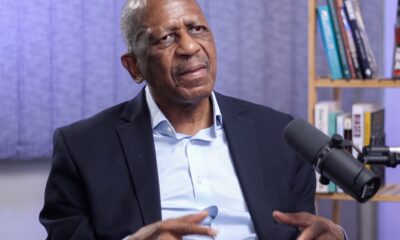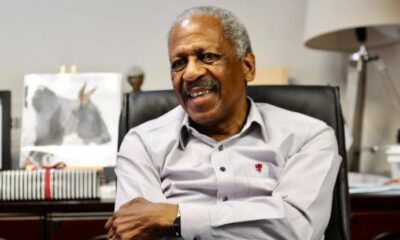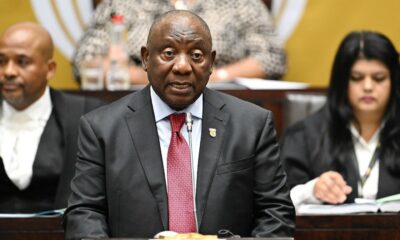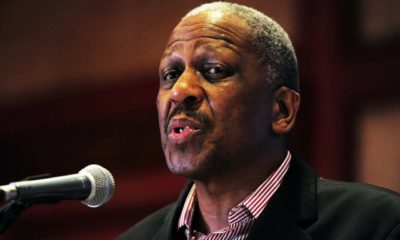Business
Africa’s Mineral Future: Can Local Giants Take Control of Critical Resources?
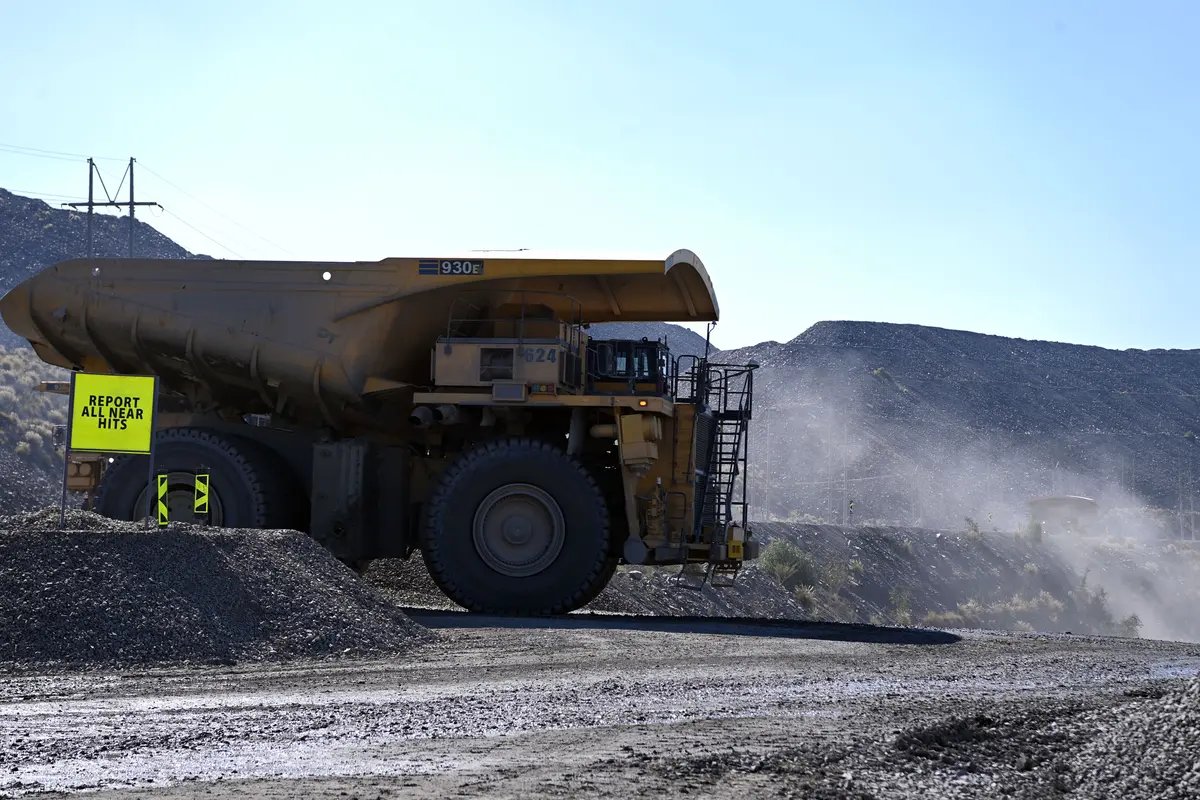
A summit with a challenge
At a gathering in Fourways, north of Johannesburg, the talk wasn’t just about geology, it was about sovereignty. Africa’s minerals, from gold and platinum to lithium and graphite, are once again in the spotlight. But this time, the question being asked is bigger than production or exports: who really owns Africa’s mineral wealth?
That was the core message from businessman and former ANC treasurer-general Mathews Phosa, who told delegates at the Critical Minerals Summit that it was time for a new wave of local mining giants to rise. With some multinational companies scaling down or exiting the continent, he argued, Africa has a rare opening to reclaim its resources and build generational wealth.
Africa’s riches, Africa’s problem
The numbers are staggering. According to the UN Environment Programme, Africa holds 30% of the world’s mineral reserves, 8% of natural gas, and 12% of oil. Beneath African soil lie enormous deposits of iron ore, potash, manganese, coal, gold, platinum, and the “green minerals” needed for the global energy transition, copper, lithium, graphite.
And yet, in Phosa’s words, “mining growth is being throttled by red tape.” Delays in licensing, he warned, are slowing down a sector that could otherwise power economies across the continent.
Phosa, who now chairs Jubilee Minerals Group, also noted that Africa can’t simply rely on exporting raw minerals. Instead, he said, miners, governments, investors, and communities must forge long-term agreements to keep value in Africa.
‘Africa must be in charge’
The call for ownership was echoed by Patrick Lubega of the African Minerals Strategy Group. Speaking with a mix of urgency and frustration, he pointed out that conferences about African minerals are often organised outside Africa and rarely by Africans.
“It is unacceptable,” Lubega said, “that countries like the UAE sell gold products around the world while not owning a single gold mine. Where do they get it? From Africa.”
For him, the issue isn’t only economics, it’s power. Critical minerals, he reminded the audience, are reshaping global politics, and Africa cannot afford to remain a supplier for others’ prosperity.
Youth, education, and the future workforce
Both Phosa and Lubega stressed the role of Africa’s youth in rewriting this story. From training young people in marketing to expanding vocational and technological education, the message was clear: Africa’s mineral future must be built by Africans, for Africans.
Lubega put it bluntly: “The new education in Africa is vocational education and technology.” Without it, he warned, the continent risks watching others continue to profit from its natural riches.
Reactions beyond the boardroom
The message has struck a chord on social media. South Africans on X (formerly Twitter) shared mixed views: some cheered the vision of African control, while others asked whether corruption and poor governance would block this new dawn before it even begins.
One user wrote: “Africa doesn’t lack resources. We lack political will to manage them properly.” Another added: “We must learn from oil, don’t let critical minerals become another lost opportunity.”
A turning point or another missed chance?
The summit gathered not only industry insiders and government officials but also small and medium mining enterprises hoping for a bigger seat at the table. Their challenge reflects the bigger question facing Africa: will the continent seize this moment to build its own mining champions, or continue to watch others dictate the terms of trade?
For now, the ground beneath Africa is rich. Whether the benefits stay above ground for Africans themselves is the story still being written.
{Source: The Citizen}
Follow Joburg ETC on Facebook, Twitter , TikTok and Instagram
For more News in Johannesburg, visit joburgetc.com

